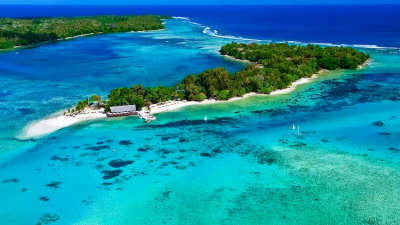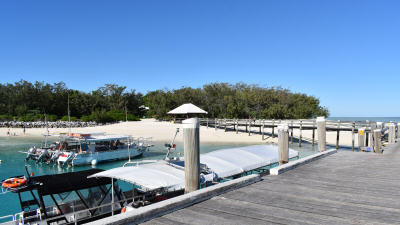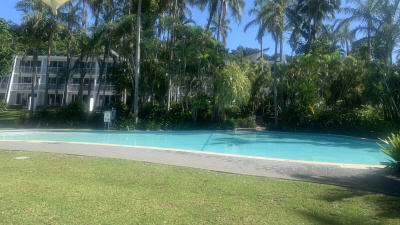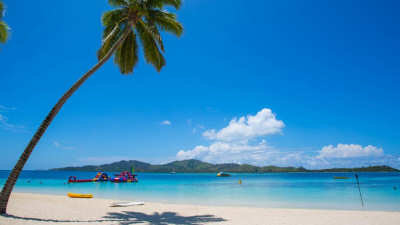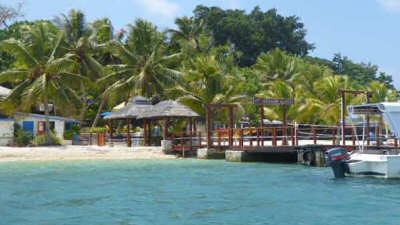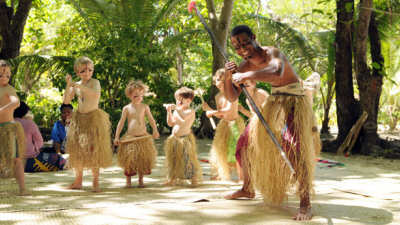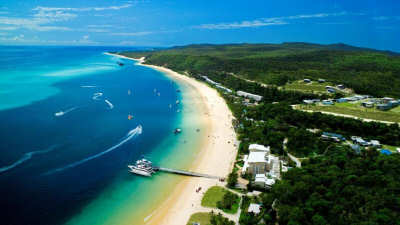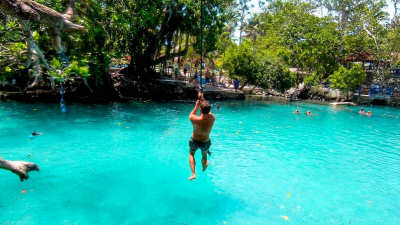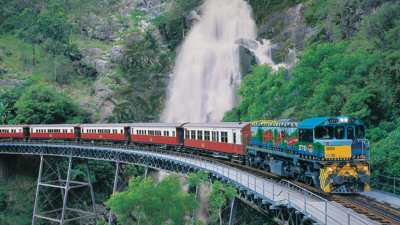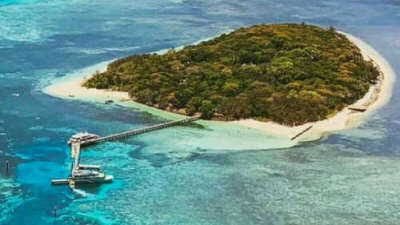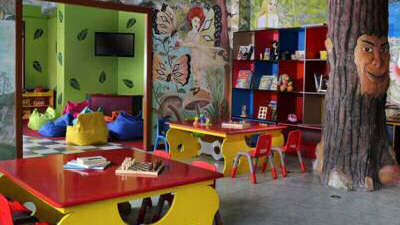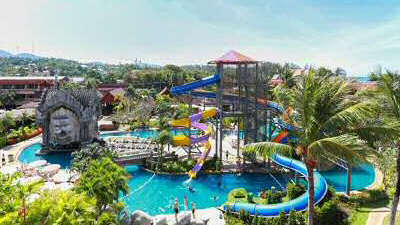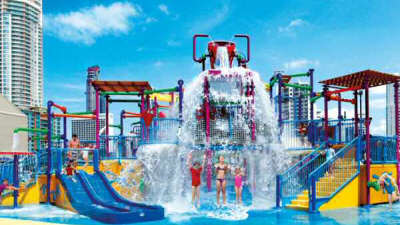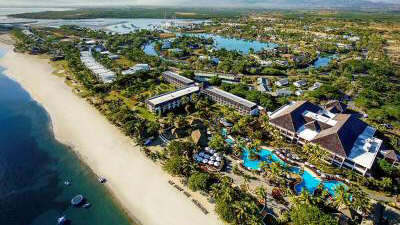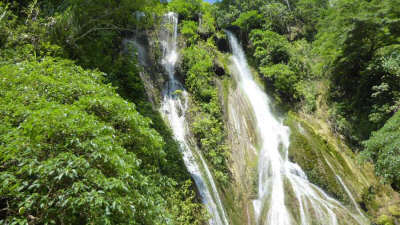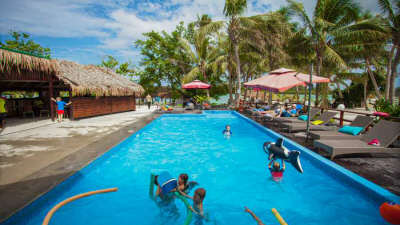Climate
The Vanuatu climate is hot and rainy - tropical in the north and sub-tropical in the south. The rainy season is November to April however heavy rain can occur at any time. The annual average temperature in Port Vila is 23.1 C and remains consistent throughout most of the year. The cyclone season is between January and April and they are more prevalent in the islands north of Efate.
Food & Drink
Avoid fruit and vegetables that are not washed in safe water. Thoroughly cooked food is usually safe as long as it has not been left standing or has been re-heated. Stick to the major resorts and popular and busy restaurants.
The water in Port Vila and Luganville is generally safe to drink. However outside these areas be wary. Stick to bottled water and avoid ice in your drinks. Take care that bottled water that you buy is properly sealed and not just re-filled from a tap. Milk should also be used with caution as it is often unpasteurized.
Health Issues
Vanuatu is in the Melanesian malaria belt. Although more prevalent in the northern islands the disease has been reported everywhere year-round so anti-malaria treatment should always be taken. However if you intend to stay in Port Vila only you may not need treatment. Discuss with your doctor one month prior to departure.
All cuts should be treated seriously by applying anti-bacterial cream. Hepatitis A is spread by poor sanitation, contaminated water, shellfish or food sold by handlers with poor hygiene. Taking care of what you eat and drink will help avoid it. Hepatitis B is spread through contact with infected blood. Avoid body piercing.
Typhoid fever is also spread through contact with contaminated food or water. Dengue (pronounced den-gee) Fever is a viral disease with flu like symptoms that is transmitted by mosquitoes.
Outbreaks occur in Vanuatu, particularly during the wetter months of the year. There is no vaccine for Dengue Fever & prevention is based on avoiding mosquito bites using repellents, nets & insecticides.
Medical Help
Hospital and medical facilities in Vanuatu are limited. There are private and public hospitals in Port Vila and medical centres. Costs for treatment, including for pharmaceuticals, can be very expensive. Doctors and hospitals often expect immediate cash payment for their services. In the unlikely event that you require extensive medical care, ProMEdical can arrange medical evacuations. There are no dangerous animals or insects on land in Vanuatu, however contact with some marine life such as stone fish, blue bottles, and sea urchins will be painful but easily treated.
Facts
Population: approx. 235,000;
Currency: Vatu (VUV);
Time: UTC +11;
Official Language: Bislama, English, French;
Capital: Port Vila
For more info check out our other Vanuatu blog posts:
Vanuatu Kids Clubs
Vanuatu Travel Tips
Vanuatu Things To Do
Vanuatu Healthy Travel
Mele Cascades
Hideaway Island
Round Island Tour
Erakor Island Resort
And our Vanuatu information pages:
Lastest Package Deals
Accommodation
Travel Guide


